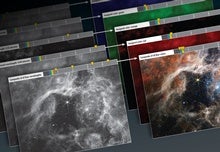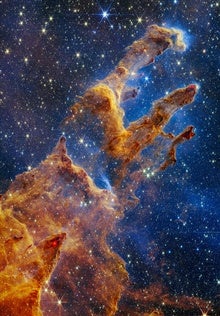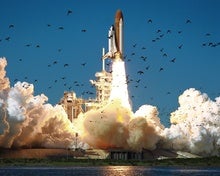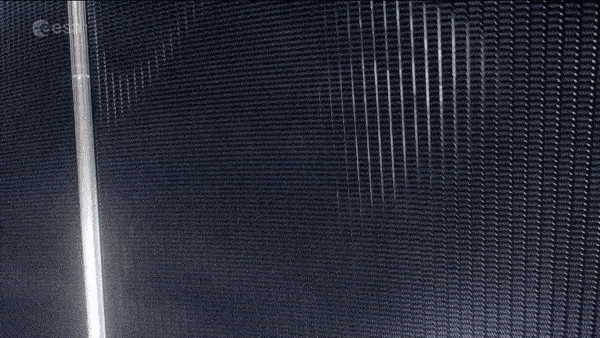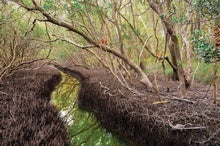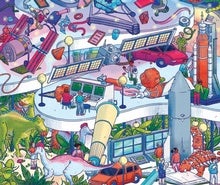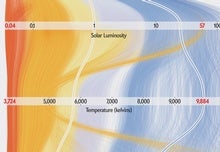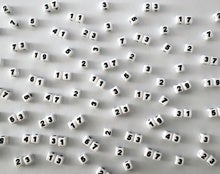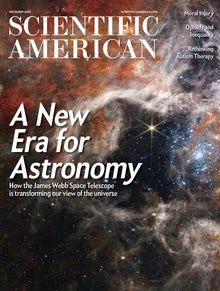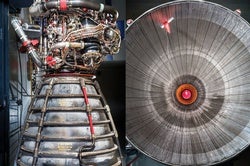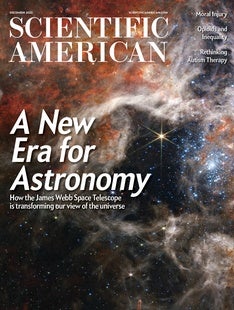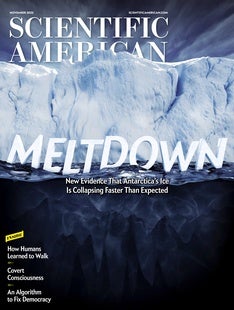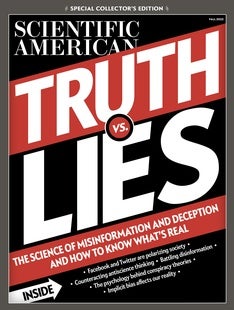 |
| November 17, 2022 |
Dear Reader,
This week, we're over the Moon. Well, not quite yet, but soon. After multiple previous failed attempts, early Wednesday morning NASA's Artemis I mission finally lifted off for an uncrewed 26-day voyage to lunar orbit and back. Composed of the mammoth Space Launch System rocket and Orion crew module, the mission is a test run for future crewed missions using the same architecture, and is the most significant step so far in the space agency's long-awaited return of astronauts to the lunar surface. Our lead story has all the details. Elsewhere this week, we have stories about the deeper realities behind gorgeous space-telescope images, newfound artifacts from the space shuttle Challenger on the ocean floor, a potential prime-number breakthough, and more. Enjoy! |
| |
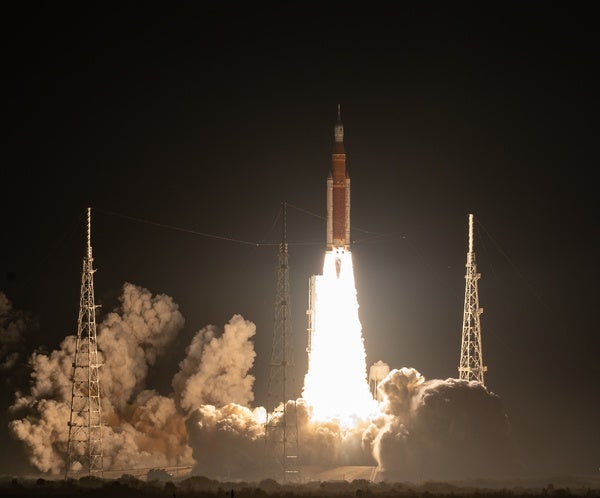 |
| |
| |
| |
| |
| |
| |
| |
| |
| Space Exploration Keep Looking Up As a dismal year on Earth draws to a close, milestones in space exploration offer much for the whole world to celebrate | | | | |
| |
| |
| |
FROM THE STORE
 | | | |
| |
FROM THE ARCHIVE
 | | | |
LATEST ISSUES
 |
| |
| Questions? Comments?  | |
| Download the Scientific American App |
| |
| |




